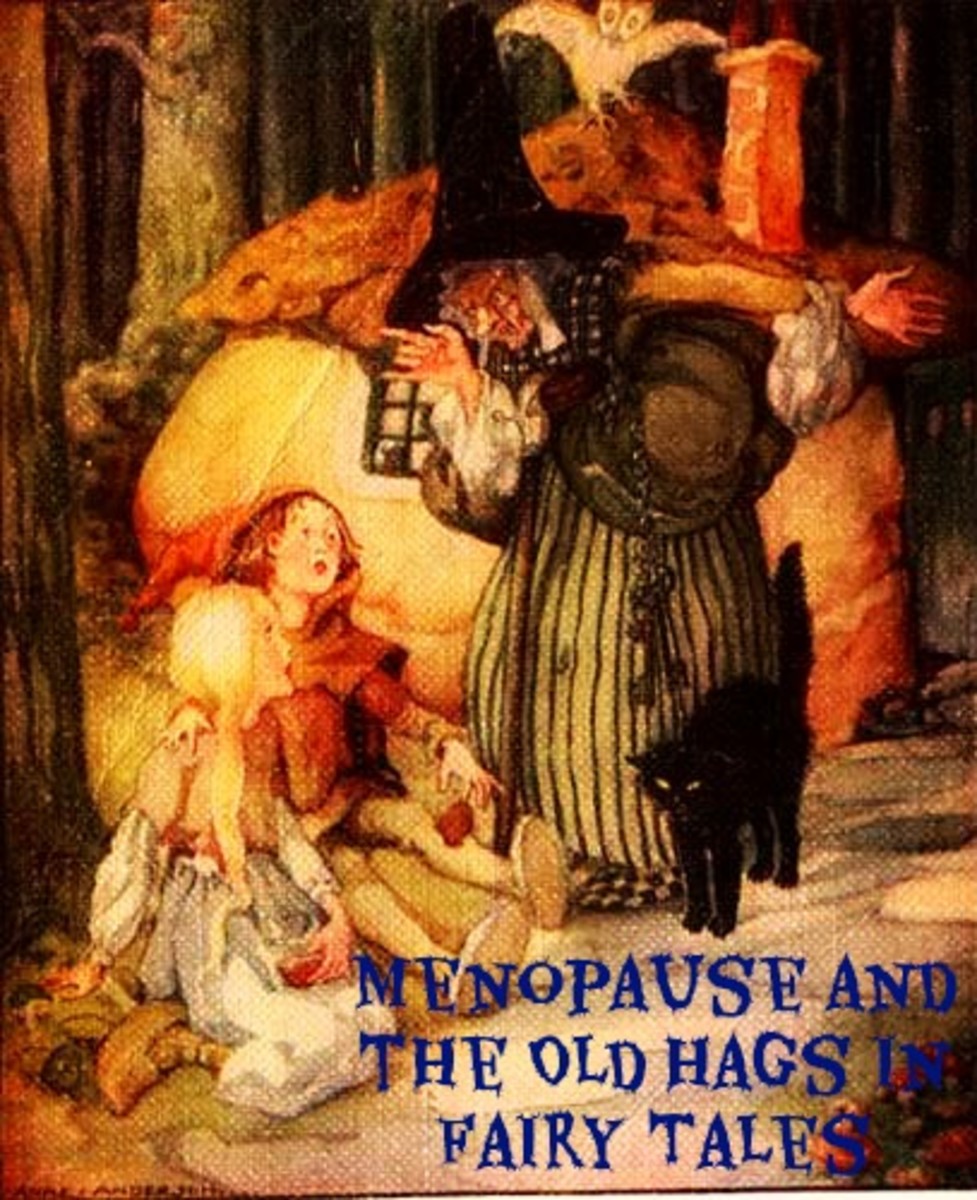Bleeding After Menopause = Rule Out Cancer!

Bleeding after menopause? See your doctor.
If you are a middle-aged woman who hasn’t seen a period in about a year, you are probably menopausal, but what if you still have an occasional bleeding episode after that? Isn’t that just a normal thing? The answer is a resounding NO! Bleeding after menopause, even to a small degree, is the most frequent early sign of uterine cancer (90% of known cancer patients see some degree of bleeding). Over 40,000 women each year will get the diagnosis of uterine cancer from their doctor, and over 7,400 will die from it annually. That translates into two to three women out of every one hundred getting this disease.
Unfortunately, there is no specific screening test for uterine cancer right now, so women need to be in touch with their body in order to help their health provider identify early signs and symptoms. Other than bleeding or spotting, some women may notice only an increased amount of vaginal discharge. The most frequent age group for uterine cancer diagnosis is 60 years, and the disease rarely occurs in women younger than 40. Nevertheless, healthcare providers will sometimes want to test women in their 30’s if they have significant risk factors.
Known risk factors are obesity, diabetes, hypertension, infertility, family history, smoking and taking estrogen-only hormone therapy for a long period of time after menopause. Unfortunately, many women in the US have more than one of these risk factors. Birth control pill use during a woman’s reproductive years actually helps lower her risk of uterine cancer by as much as 50%.
Obesity is the most significant problem contributing to the high rates of uterine cancer in this country mainly because fat cells can increase the body’s estrogen levels by the chemical conversion of a weak estrogen known as estrone. Most people associate menopause with lower than usual levels of estrogen as created by the ovaries, but the extra fat adds extra estrogen without the benefit of balance from more ovarian progesterone. This extra estrogen stimulates the uterine lining to continue to grow and potentially produce abnormal, pre-cancerous cells. Each Increase in the body mass index (BMI) by as little as 5 mg/m2 can significantly increase the risk of uterine cancer.
There is a known relationship between increased alcohol use and elevated estrogen levels. Drinking more than two alcoholic beverages a day may allow for increased circulating estrogen and thereby increase both breast and uterine cancer risk.
Some forms of uterine cancer are unrelated to estrogen and are more a consequence of genetics. The presence of cancer family syndrome, also known as Lynch syndrome II, puts women at increased risk for uterine cancer due to a genetic mutation. This mutation causes certain types of colon cancer as well as cancer of the uterine lining.
To test for abnormal cells, either cancerous or pre-cancerous, healthcare providers take a biopsy of the uterine lining (endometrial biopsy) as the first step in the evaluation. Simple Pap tests are not designed to detect uterine disease and are more applicable to cervical problems, so having a normal Pap test does not rule out cancer of the uterus.
Once the diagnosis is made, the treatment will depend on how widespread the disease has become. Most women can expect a complete cure when treated with total hysterectomy and removal of both ovaries. Also, removal of lymph nodes in the pelvic area helps to determine the spread of disease beyond the pelvic organs and the need for more therapy to include chemo and radiation.
Addressing and correcting individual risk factors including weight control and smoking cessation are the most important steps in prevention of uterine cancer, but early detection and intervention is key for long-term survival. Tell your doctor about any abnormal bleeding episode after menopause without delay and don’t just assume it’s a normal part of aging.
Uterine Cancer Facts
For more information:
- Endometrial cancer - MayoClinic.com
Endometrial cancer Comprehensive overview covers signs and symptoms, diagnosis, staging and treatment. - National Center for Biotechnology Information





